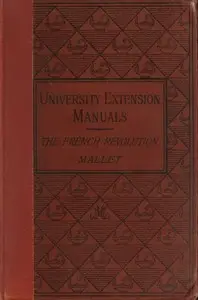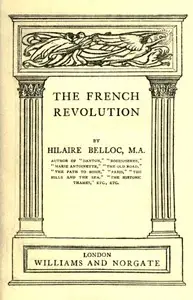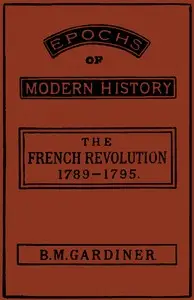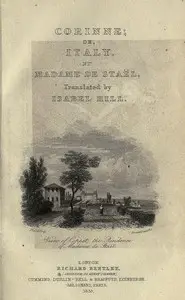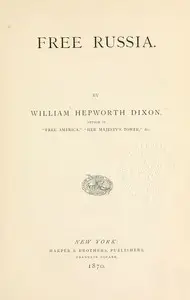"Lectures on the French Revolution" by John Emerich Edward Dalberg Acton Acton is a recount of historical lectures from the 1800s. The lectures scrutinize the intricate factors and ideologies that triggered the French Revolution, highlighting shifts in political thinking, movements in society, and the sway of important people from that era. Acton studies the past environment and the changing philosophies that stoked the fires of the revolution to clarify how the Revolution changed modern governance. He starts by focusing on the basic ideas that shaped the French Revolution, showing how past events and new ways of thinking built up to the revolutionary mood of the late 1700s. Acton looks at how the French monarchy could not meet the needs of its people and shares stories of the Third Estate, a group driven by growing issues with the economy and society, that pushed for representation and changed how things were. The early part sets the foundation for a deeper look at important people, the philosophies that were in play, and major events, proving the Revolution was not just a quick burst of anger, however, the result of years of complaints and beliefs looking to change how France was run.

Lectures on the French Revolution
By John Emerich Edward Dalberg Acton Acton
Discover how a country's discontent and thirst for change sparked a bloody uprising against its own rulers.
Summary
About the AuthorJohn Emerich Edward Dalberg-Acton, 1st Baron Acton, 13th Marquess of Groppoli,, better known as Lord Acton, was an English Catholic historian, politician, and writer. A strong advocate for individual liberty, Acton is best known for his timeless observation on the dangers of concentrated authority. In an 1887 letter to an Anglican bishop, he famously wrote, "Power tends to corrupt, and absolute power corrupts absolutely," underscoring his belief that unchecked power poses the greatest threat to human freedom. His works consistently emphasized the importance of limiting governmental and institutional power in favor of individual rights and personal liberty.
John Emerich Edward Dalberg-Acton, 1st Baron Acton, 13th Marquess of Groppoli,, better known as Lord Acton, was an English Catholic historian, politician, and writer. A strong advocate for individual liberty, Acton is best known for his timeless observation on the dangers of concentrated authority. In an 1887 letter to an Anglican bishop, he famously wrote, "Power tends to corrupt, and absolute power corrupts absolutely," underscoring his belief that unchecked power poses the greatest threat to human freedom. His works consistently emphasized the importance of limiting governmental and institutional power in favor of individual rights and personal liberty.

